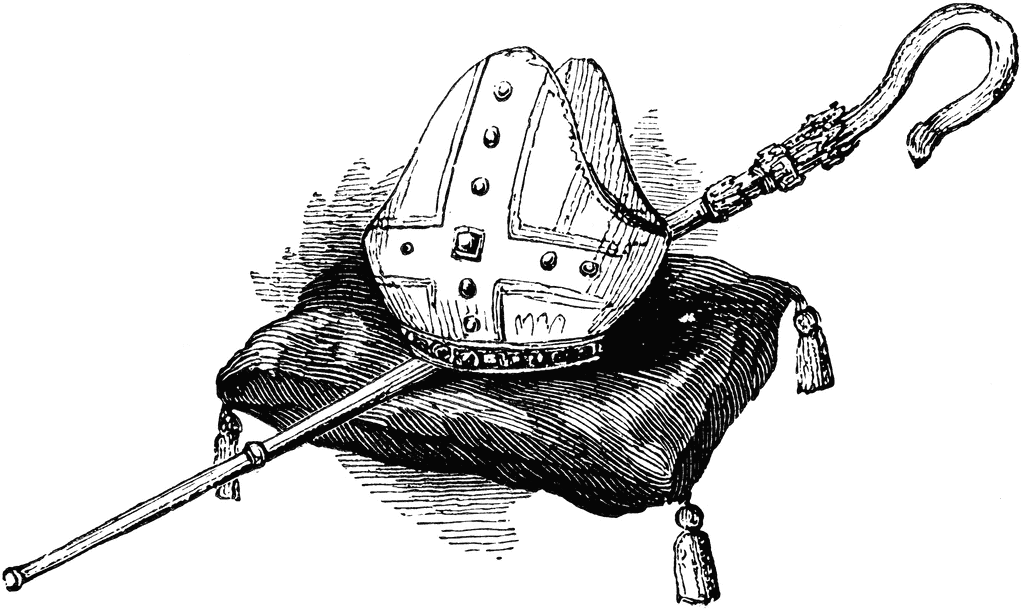Today’s First Reading, a preparation for the upcoming Solemnity of Christ the King next Sunday, is taken from the beginning of the book of Revelation. Our Lord addresses seven churches through John’s prophecy, and he starts today with Ephesus. The lamp stands among which Our Lord walks symbolize his presence among those churches. Our Lord acknowledges that the Ephesians have remained perseverant and on guard against false apostles bringing false teachings, but warns them that their love has waned.
In any loving relationship the flame can dim and go out if a constant effort is not made to keep it burning brightly and intensely. It starts with the little things: a term of endearment no longer used, less time together, even a loving gaze withheld. It also starts when you focus more on what you should be getting out of the relationship and not on what you should be putting into it. Our Lord warns that the Ephesians may have their lamp taken away: when charity dies completely there is no more Church. The lamp has to be kept burning bright, and its fuel is love for Christ and love for others in Christ.
The little things can be a sign of love waning, but they can also be the path to stoking up love’s flame again. Ask Our Lord today to help you examine the fervor of your love for him and for those you love.
Readings: Revelation 1:1–4, 2:1–5; Psalm 1:1–4, 6; Luke 18:35–43. See also 1st Week of Advent, Friday, 33rd Week in Ordinary Time, Monday, 30th Sunday in Ordinary Time, Cycle B, and 8th Week in Ordinary Time, Thursday, Year I.


